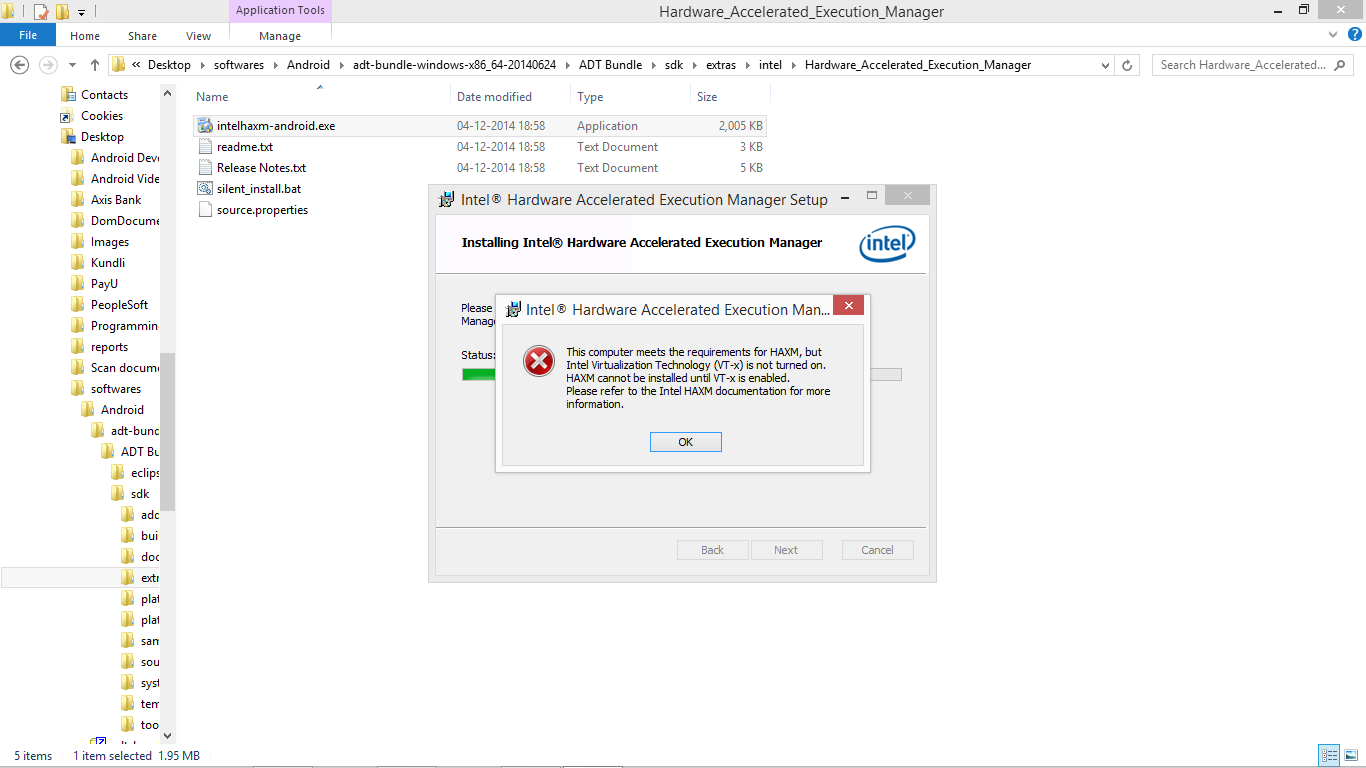

On the left pane of the window, Compile Targets provides an alphabetically sorted list of the Jobs in the project that Burst can compile. The inspector allows you to view all the Jobs that can be compiled, you can also then check the generated intermediate and native assembly code.

Open the Inspector from the Jobs menu ( Jobs > Burst Inspector). The Burst Inspector window displays all the Jobs and other Burst compile targets in the project. Open Inspector.: Opens the Burst Inspector Window.Show Timings: When checked, Burst logs the time it takes to JIT compile a Job in the Editor.Synchronous Compilation: When checked, Burst will compile synchronously - See options.Note that this option disables the noaliasing performance optimizations, by default. Checks include job data dependency and container indexes out of bounds. Var output = new NativeArray(1, Allocator.Persistent) įor (int i = 0 i ). Var input = new NativeArray(10, Allocator.Persistent) Public class MyBurst2Behavior : MonoBehaviour
BURST REQUIRES THE ANDROID NDK TO BE CORRECTLY INSTALLED CODE
You can start using the Burst compiler in your code by simply decorating a Job struct with the attribute using Unity.Burst Quick Start Compile a Job with the Burst compilerīurst is primarily designed to work efficiently with the Job system.

It is released as a Unity package and integrated into Unity using the Unity Package Manager. Burst is a compiler that translates from IL/.NET bytecode to highly optimized native code using LLVM.


 0 kommentar(er)
0 kommentar(er)
